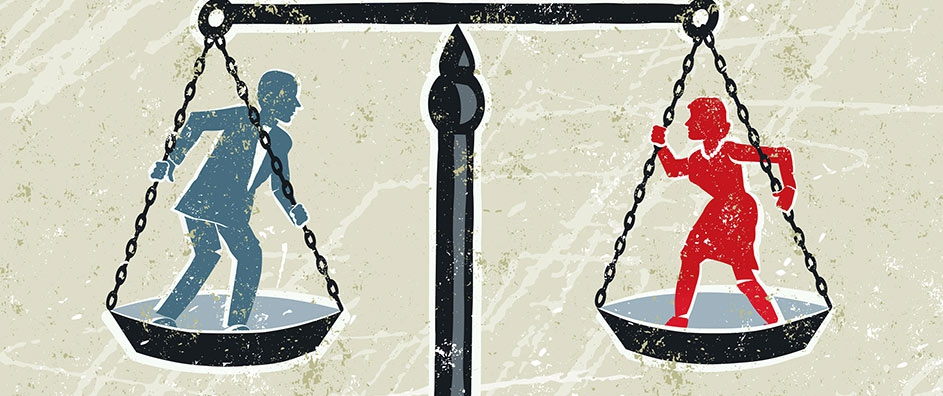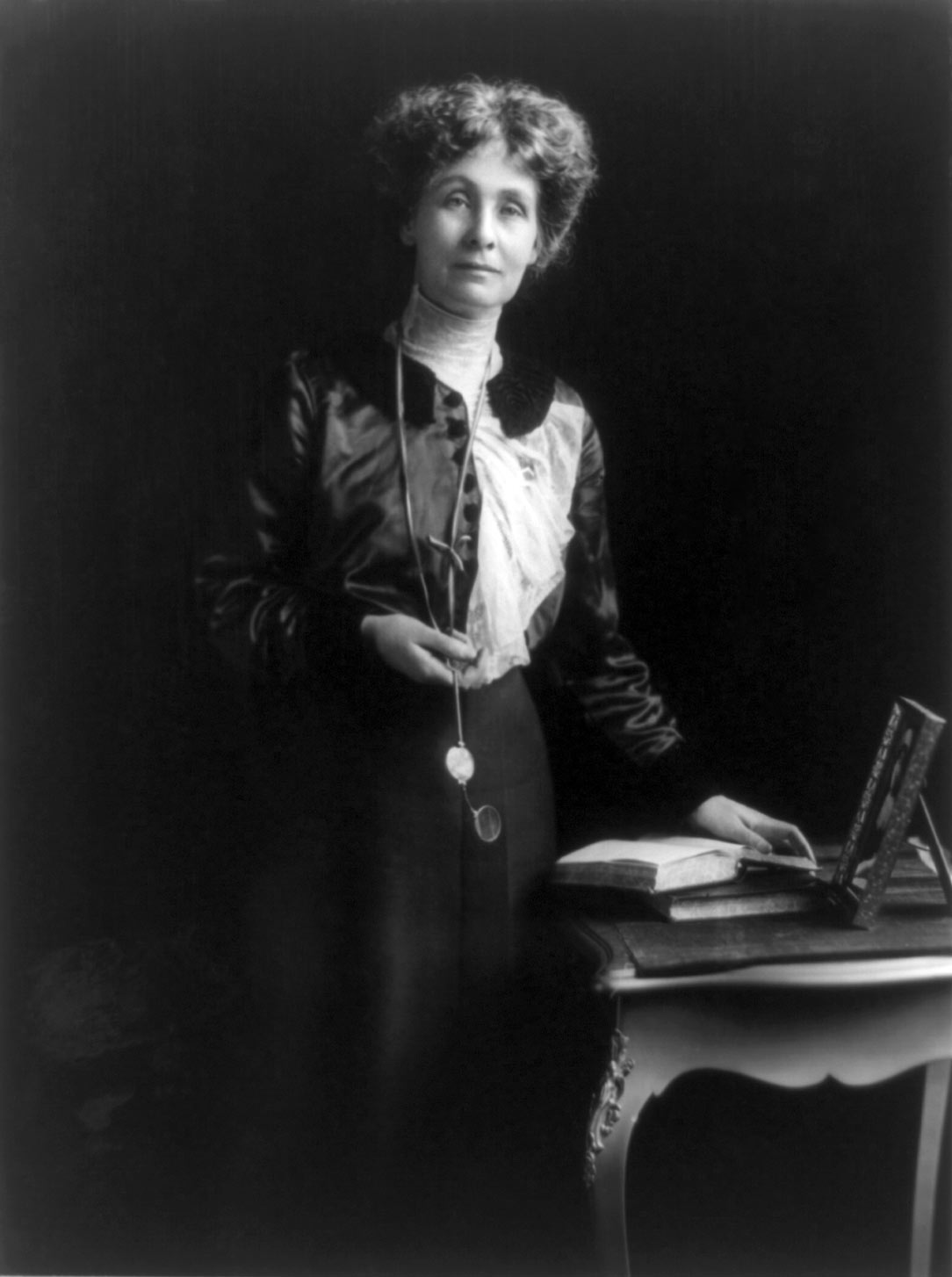The views expressed in our content reflect individual perspectives and do not represent the authoritative views of the Baha'i Faith.
In his speech in Paris in 1913, Abdu’l-Baha went through a potent list of reasons outlining the newness and uniqueness of the Baha’i teachings, openly challenging those who claimed that the Baha’i teachings brought nothing new. Among those reasons, one had a particularly relevant and timely message for half of humanity:
Baha’u’llah declares the absolute equality of the sexes. The male and female in the mineral, vegetable and animal kingdoms share alike the material bestowals. Why should there be a difference in the human kingdom? Verily, they are equal before God, for so he created them. Why should woman be deprived of exercising the fullest opportunities offered by life? Whosoever serves humanity most is nearest God — for God is no respecter of gender. The male and female are like the two wings of a bird and when both wings are reinforced with the same impulse the bird of humanity will be enabled to soar heaven-ward to the summit of progress. In which sacred book is this written? – Abdu’l-Baha, Divine Philosophy, pp. 82-83.
In 1913, the women’s suffrage movement had not yet achieved success, and women still could not vote in the United States. In fact, only a handful of the world’s countries had granted women the vote by then; almost all European, Asian and African countries still disenfranchised women.
In fact, later during that same year, the British suffragette firebrand Emmeline Pankhurst gave her landmark women’s rights speech “Freedom or Death” in Hartford, Connecticut. Prior to both of their important addresses, Abdu’l-Baha and Pankhurst would meet in London, and have this reported exchange:
Abdu’l-Baha . . . met with many visitors, including a militant suffragist. A number of suffragettes came to see him during His two visits to England. One, the famous Emmeline Pankhurst, called Abdu’l-Baha a ‘prophet’, whereupon He said, ‘Oh no! I am a man, like you’. Apparently Mrs Pankhurst was ‘much cheered by her interview, for the Master told her to continue her work steadfastly, for women would very shortly take their rightful place in the world’. He advised the militant who visited him on 19 December that women who were campaigning for the right to vote should refrain from any acts of violence in their efforts, but should ‘use the power of intelligence, with scientific accomplishments, with artistic attainments. Unseemly deeds would rather retard the realization of their cherished hope. In this age a weak person resorts to frightful measures, but an intelligent person used the superior power of intelligence and wisdom.’ – from Earl Redman’s Abdu’l-Baha in Their Midst, p. 48.
So the Baha’i teachings on the equality of men and women, which actually precede much of the progress women have made since then, call for not only universal suffrage but the equality of women and men in all aspects of life.
Not until thirty-five years after Abdu’l-Baha’s speech in Paris, in 1948, did the newly-formed United Nations codify the rights of women to vote into international law. The U.N.’s Human Rights Commission elected as its chairperson Eleanor Roosevelt, and she helped drive the adoption of the Universal Declaration of Human Rights–which made universal suffrage the standard of the world’s most progressive and freedom-loving governments.
This radical new religious requirement of the equality of the sexes, Abdu’l-Baha said:
…is peculiar to the teachings of Baha’u’llah. Former religious systems placed men above women. Daughters and sons must follow the same form of study and acquire a uniform education. One course of education promotes unity among mankind. – Abdu’l-Baha, Divine Philosophy, p. 26.
Far from being a simple proclamation of theoretical equality, Abdu’l-Baha also identified very specific standards the world must adopt to bring about the equality of women and men, which include universal suffrage and equal education, but also encompass equality in the workplace, in the home and in the social and political sphere.

















Comments
Sign in or create an account
Continue with Googleor